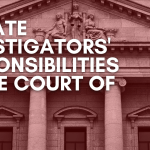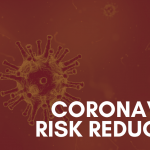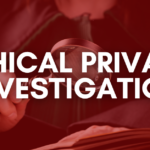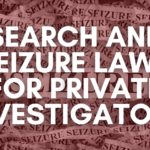Dive into the step-by-step process of conducting thorough background checks on medical expert witnesses. Explore the importance of their qualifications, experience, publications, and affiliations to ensure credibility in medical malpractice cases.
Introduction
In the intricate realm of medical malpractice cases, the role of an expert witness is pivotal. These expert witnesses serve as the linchpin in presenting and validating medical evidence. To ensure the utmost credibility in your case, it’s imperative to conduct rigorous background checks on these expert witnesses. This comprehensive guide offers a step-by-step process to effectively vet expert witnesses, with a laser focus on their qualifications, experience, publications, affiliations, and more.
1. Qualifications: The Bedrock of Credibility
First and foremost, assess the qualifications of the expert witness.
Educational Background
Commence the process by scrutinizing the educational background of the expert witness. Ensure that they possess:
- A medical degree from an accredited institution.
- An active and unblemished medical license.
- Relevant board certifications, if applicable.
2. Experience: The Crucible of Expertise
Case Involvement
This phase demands a meticulous evaluation of their expertise. Consider:
- The number of medical malpractice cases in which the expert witness has been involved.
- Their track record in testifying in court.
- Their experience in handling cases that closely align with your specific needs.
3. Publications: The Written Record of Authority
Moving forward, it is essential to explore the expert witness’s published works.
Research and Publications
This segment involves:
- Investigating their presence in peer-reviewed journals, which speaks volumes about their academic reputation.
- Analyzing the frequency with which their work has been cited by their peers.
4. Affiliations: The Network of Trust
Next on the list is examining the professional affiliations of the expert witness.
Membership and Collaborations
This calls for:
- Determining whether they maintain membership in respected medical associations.
- Inquiring about any teaching positions they may hold at renowned institutions.
- Investigating noteworthy collaborations with other professionals, which can substantially bolster their reputation.
5. Testimonials: A Glimpse into Reputation
As you progress, seek out testimonials and references for a valuable glimpse into the reputation of the expert witness.
Testimonials and References
- Actively solicit testimonials and references from past clients, attorneys, or colleagues.
- Make direct contact with references to obtain firsthand insights.
6. Ethics and Conflicts of Interest: A Critical Examination
Ethical History
This encompasses:
- Investigating any disciplinary actions, legal issues, or ethical complaints in the expert witness’s history.
7. Expert Witness Fees: Clarity is Key
Fee Structure
- Gain a thorough understanding of their fee structure.
- Verify that there is transparent communication concerning fees, retainers, and additional costs.
- Exercise caution in cases where fee arrangements appear vague or ambiguous.
8. Preparation and Availability: Commitment to the Case
Case Commitment
- Evaluate their willingness and capability to conduct an exhaustive review of medical records.
- Confirm their readiness to testify in court and provide unwavering support throughout the legal proceedings.
- Opt for an expert who genuinely engages with your case, as this can substantially impact its success.
Conclusion
Vetting expert witnesses is a multifaceted and indispensable task in the context of medical malpractice cases. Qualifications, experience, publications, affiliations, testimonials, ethics, and transparency constitute the key elements for ensuring the credibility and efficacy of an expert witness. The choice of your expert witness is a pivotal determinant in your pursuit of justice within the realm of medical malpractice litigation.
For more information on how Advantage can help you win your case, click here to contact us









